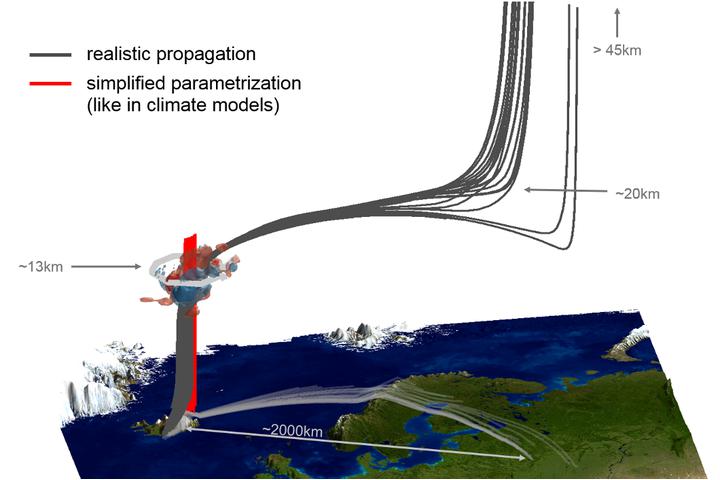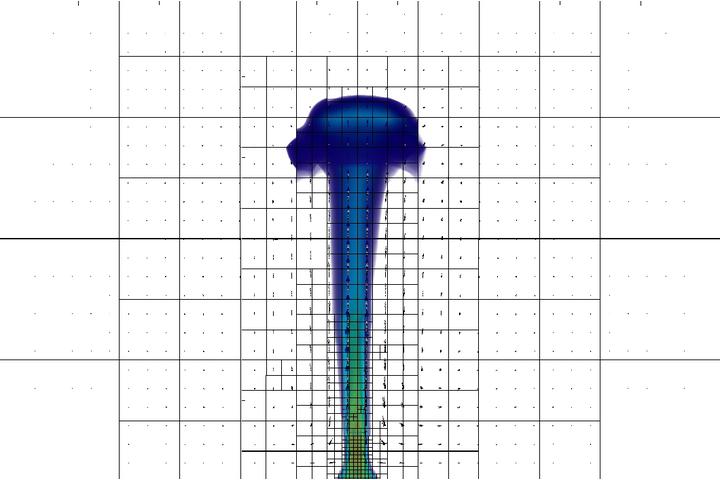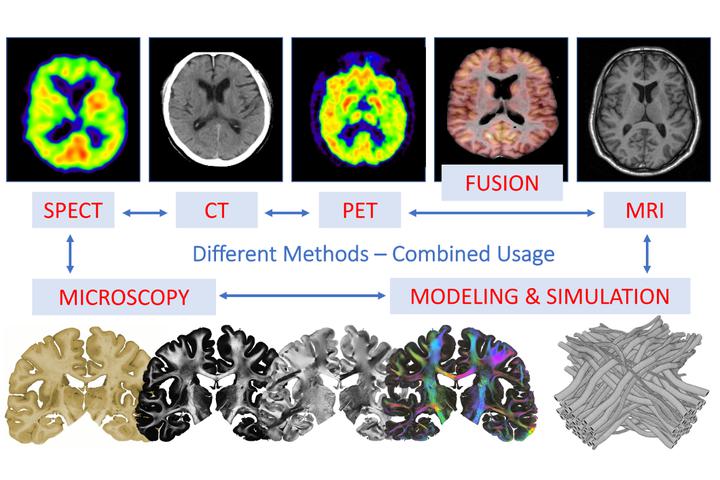Computer Simulation in Science, Bergische Universität Wuppertal
Computer Simulation in Science
The M.Sc. programme Computer Simulation in Science (CSiS) focuses on the development, implementation and application of computer-oriented simulation techniques and methods to modern research problems in natural sciences and engineering. All courses of this M.Sc. programme are taught in English language.
Besides compulsory courses in Computer Simulation, Computer Science and Numerical Methods, students will take elective courses in one of the following specializations of their choice:
- Atmospheric Physics
- Computational Electromagnetics
- Computational Fluid Mechanics
- Experimental Particle Physics
- Financial Mathematics
- Imaging in Medicine
- Materials Science
- Theoretical Chemistry
- Theoretical Particle Physics
Preliminary knowledge at Bachelor's level in the chosen specialization and in mathematics, and knowledge of at least one programming language is required.
The MSc program lasts for 4 semesters (2 years) and has a total of 120 ECTS credits. Students who successfully complete the program will be awarded the degree of Master of Science (M.Sc.).
Cooperations have been established with FZ Jülich.
Links
Ort
Bilder
Forschungsprofil Fachbereich/Institut
|
- Atmosphärenphysik: 4 (unter Physik der weichen Materie etc.)
- Mathematische Physik: 1 (unter Festkörperphysik)
- Medizinische Bildgebung: 1 (unter Optik etc.)



